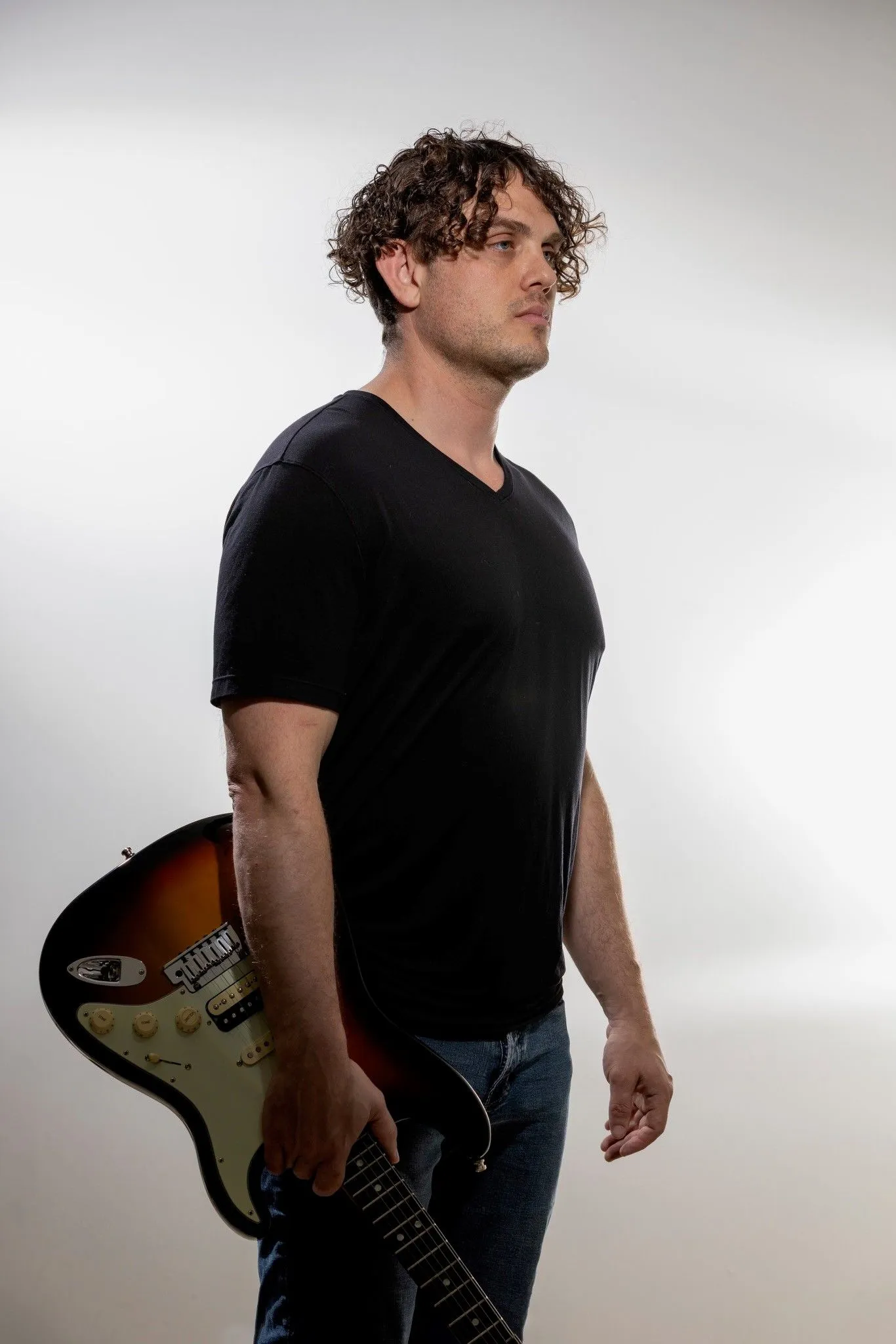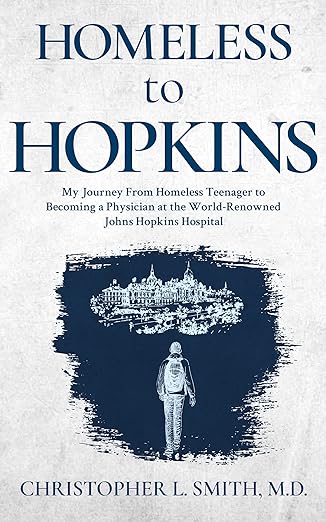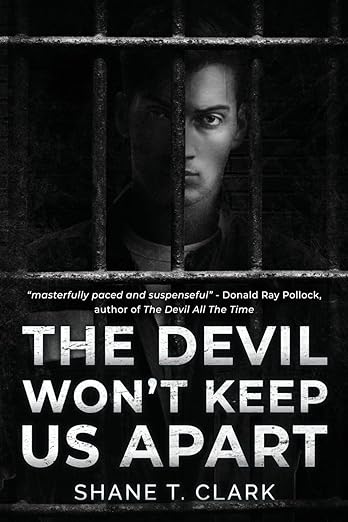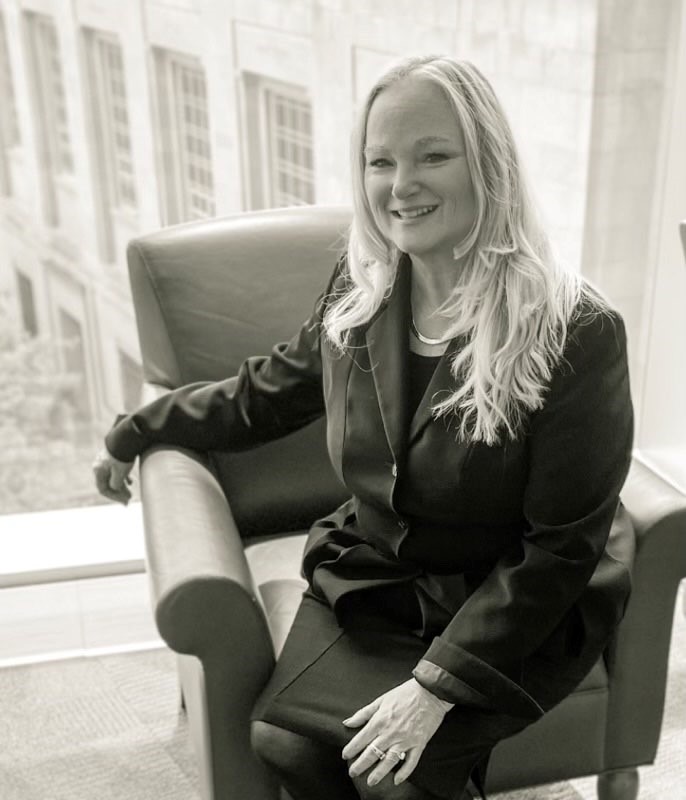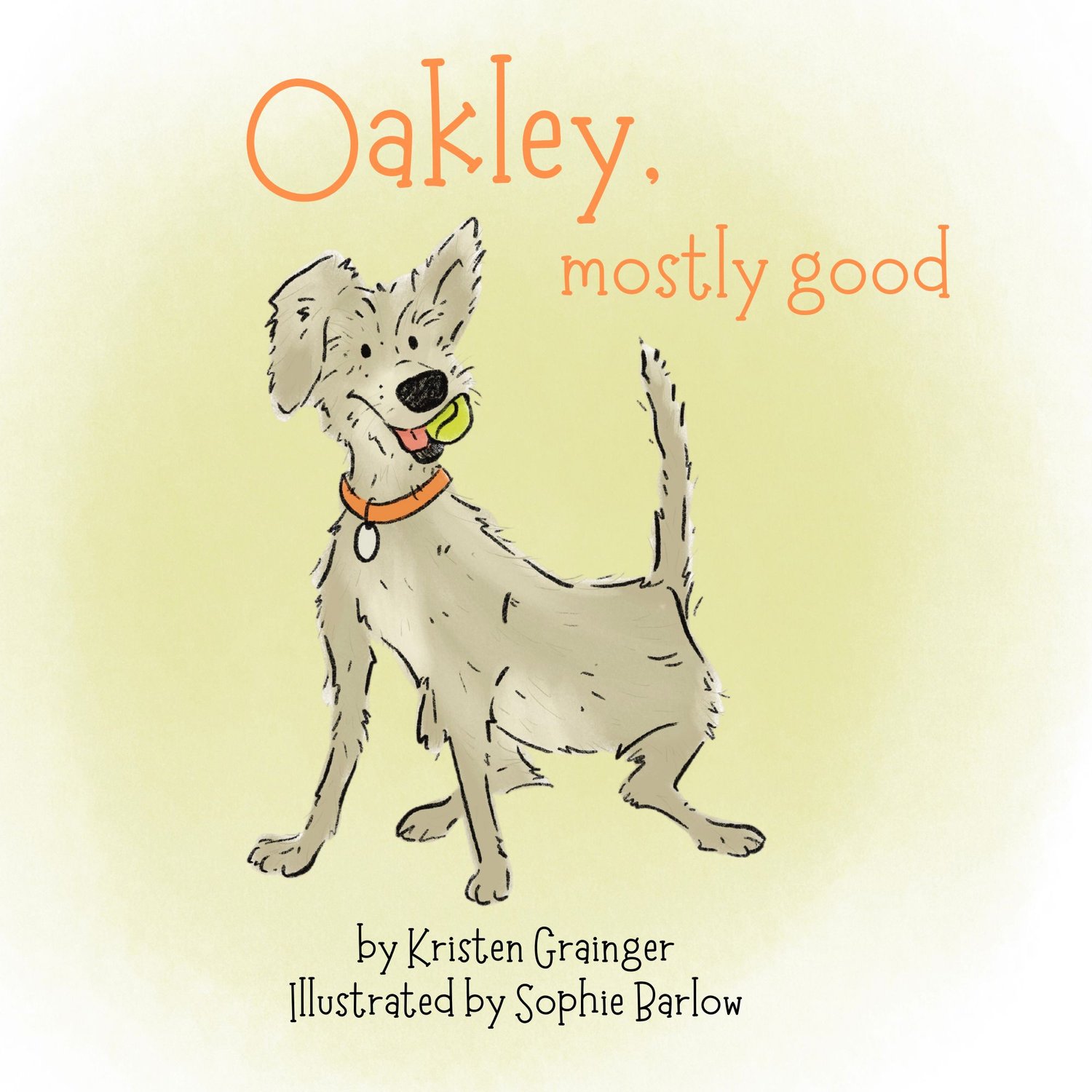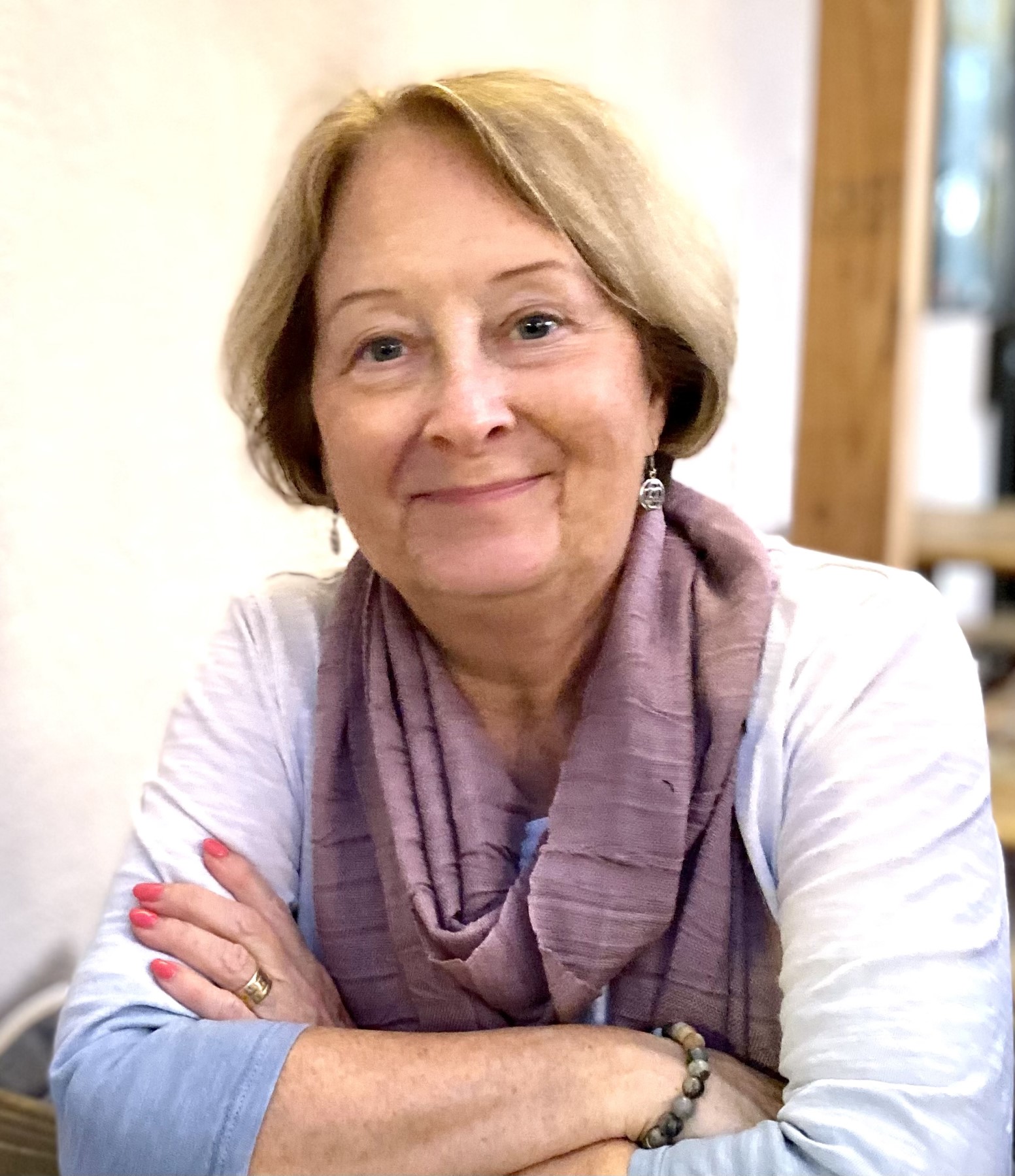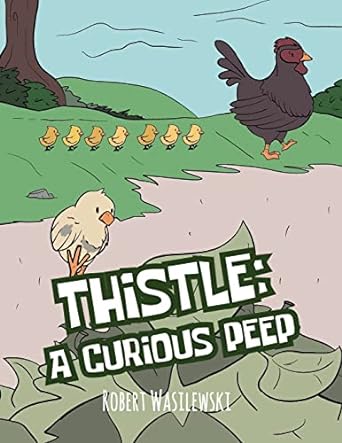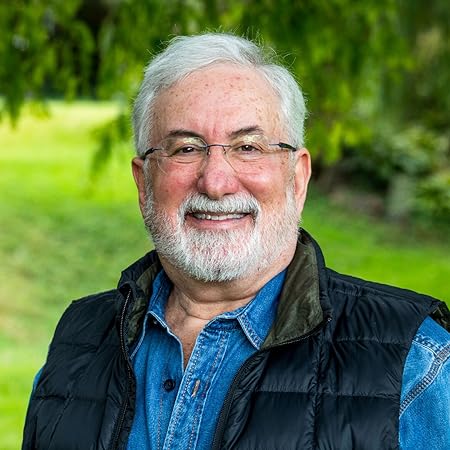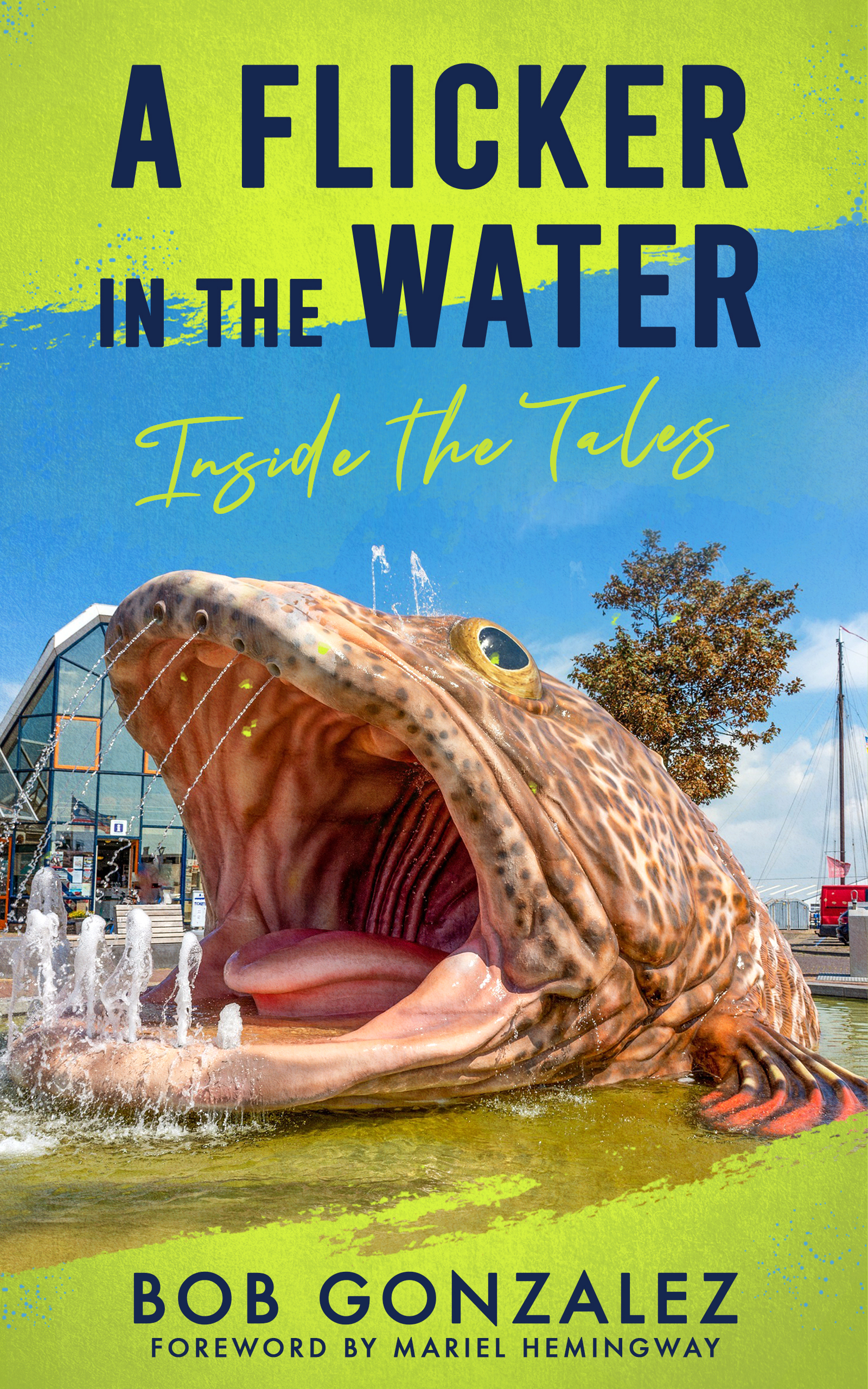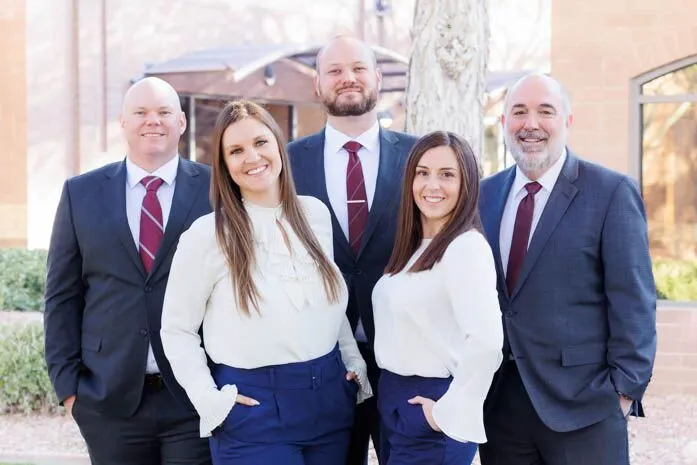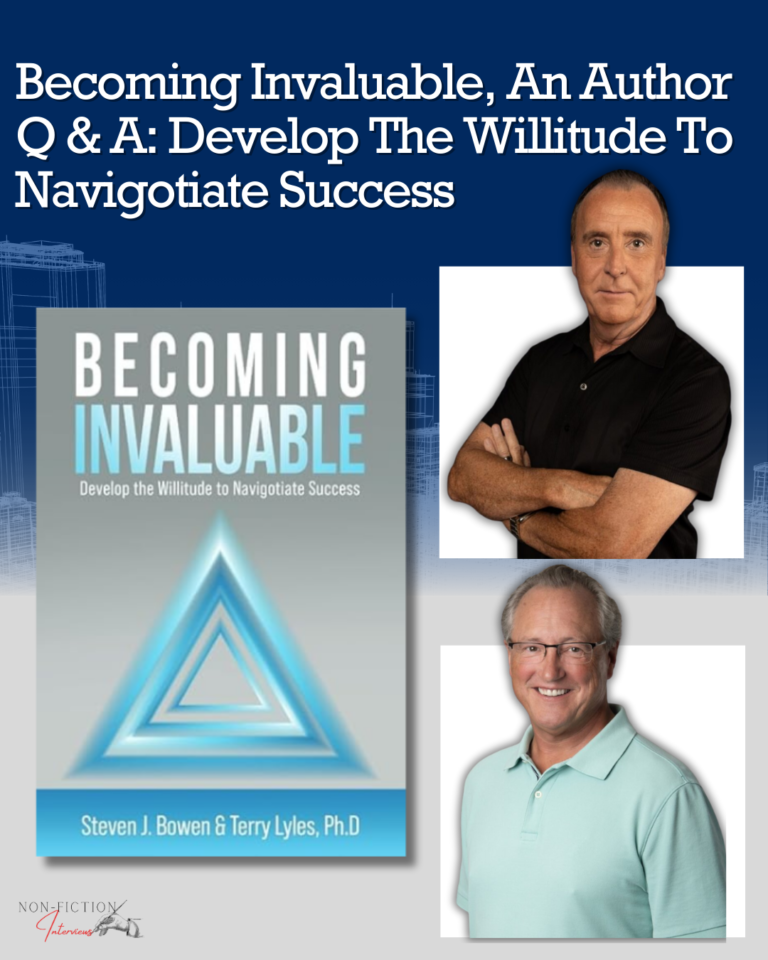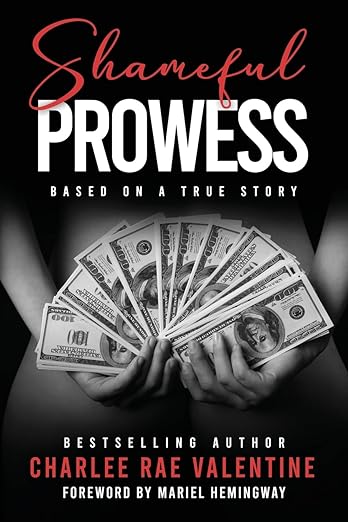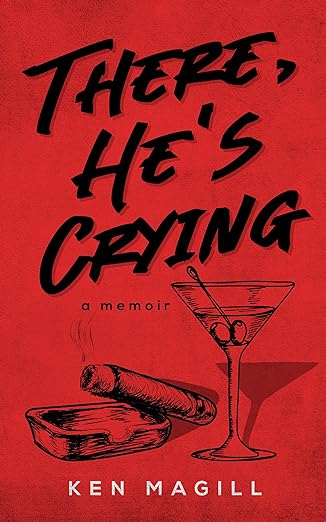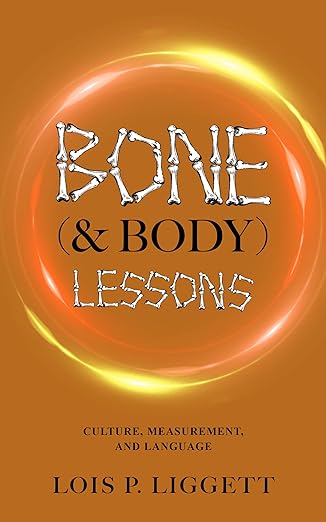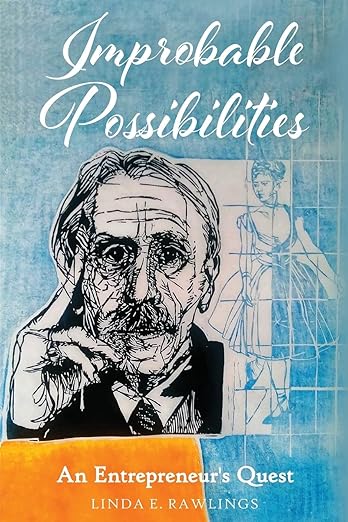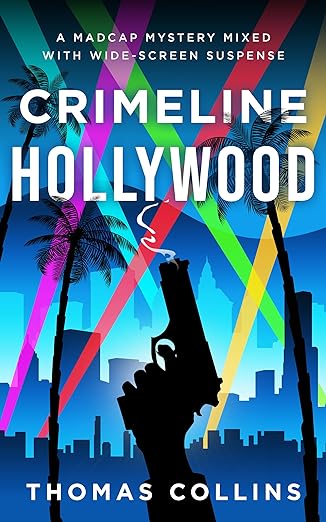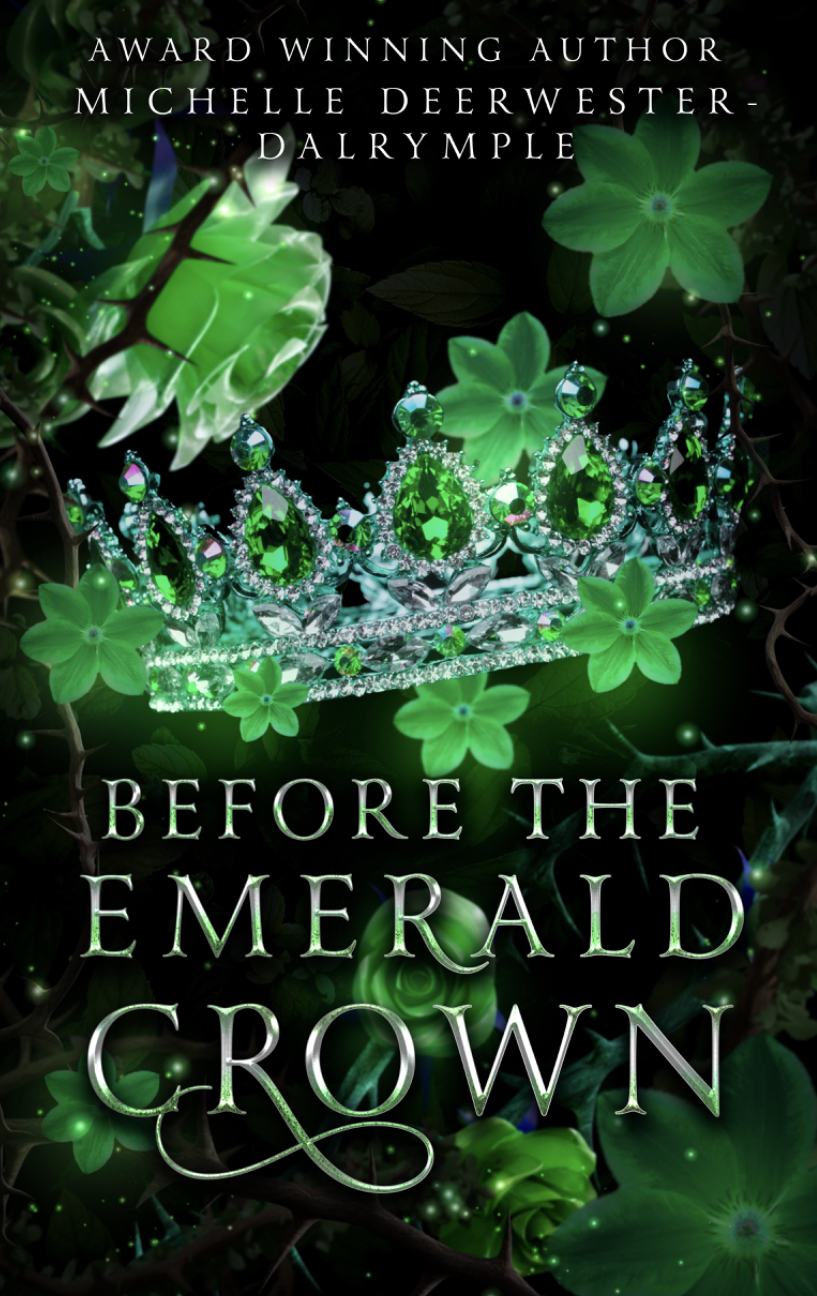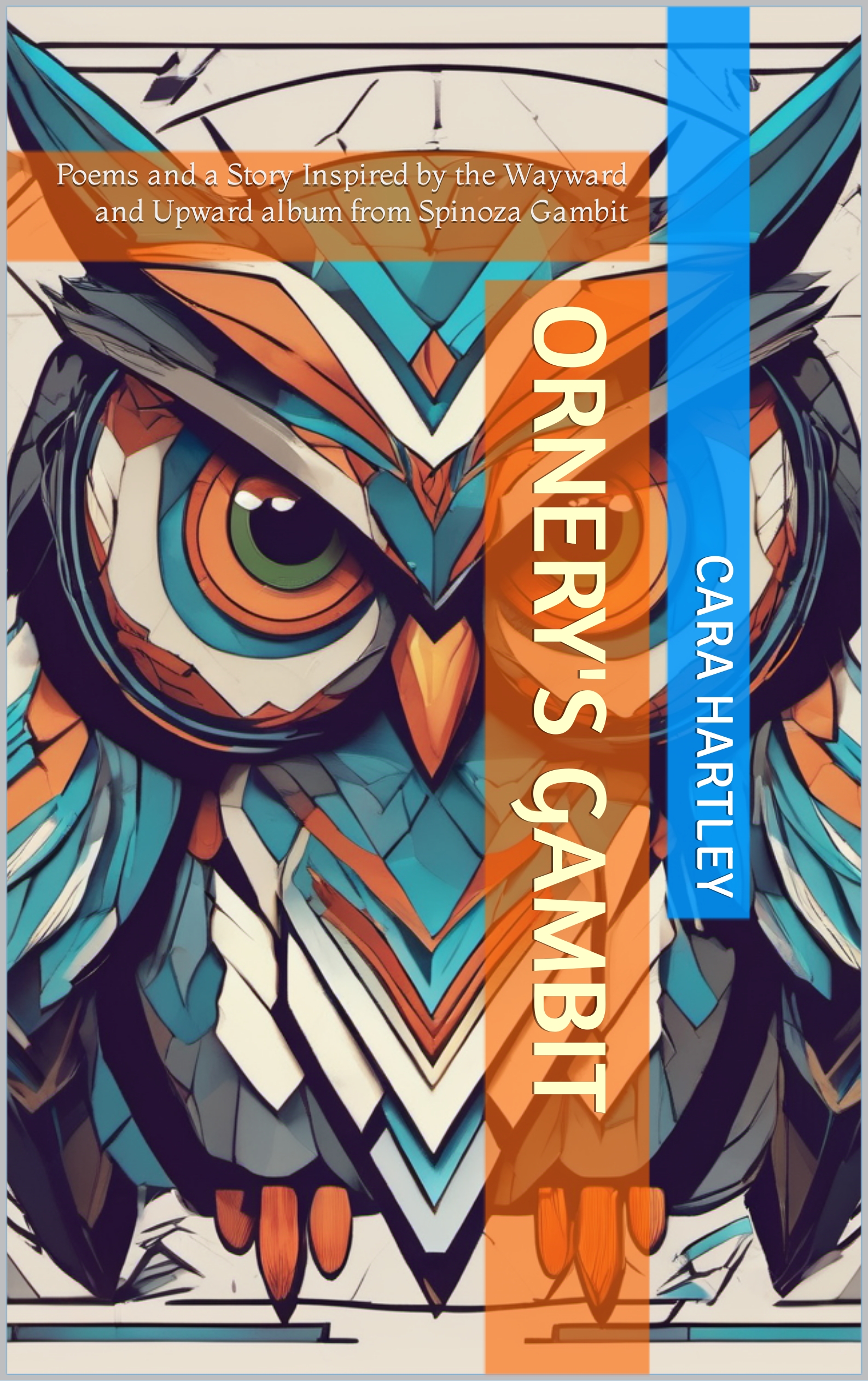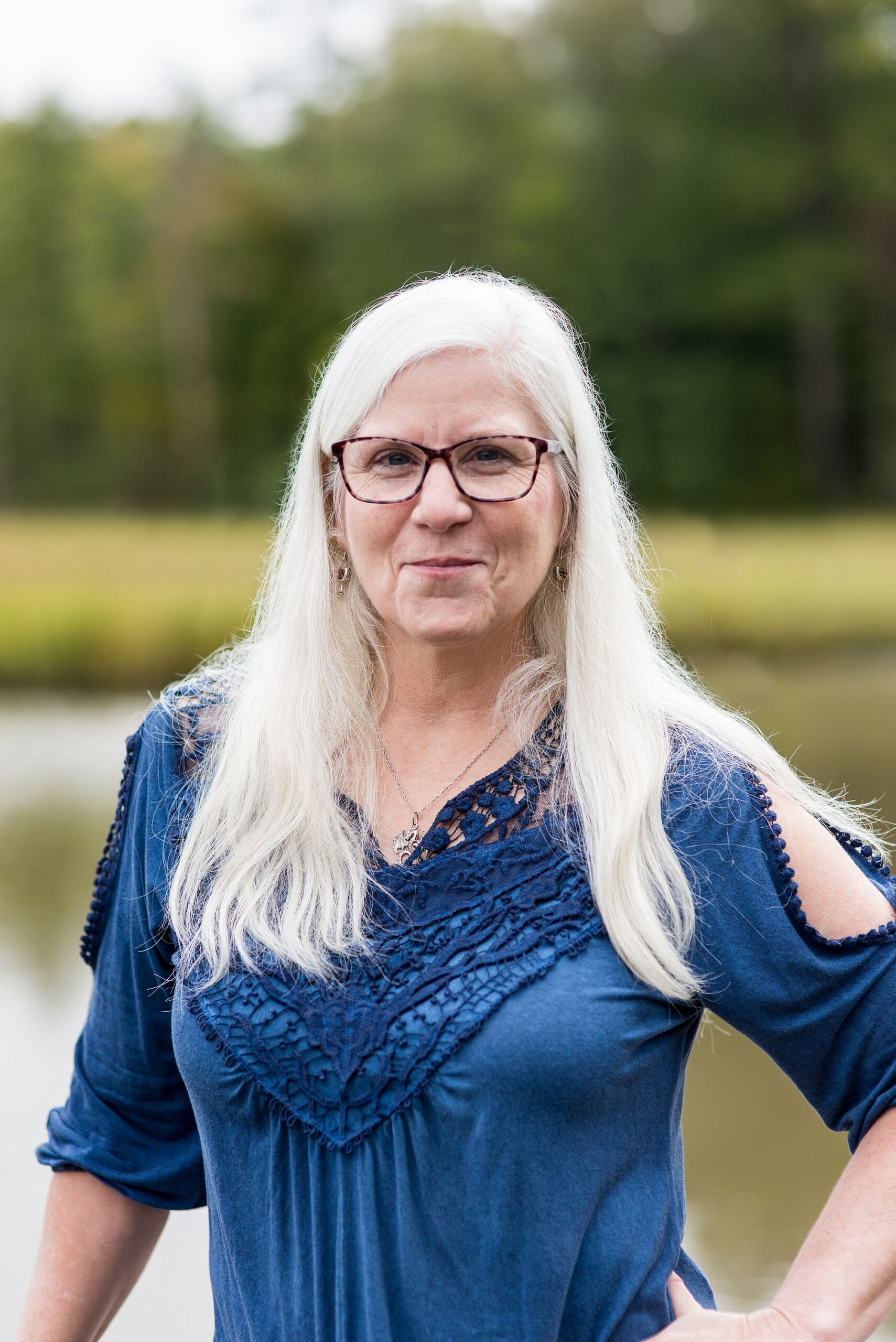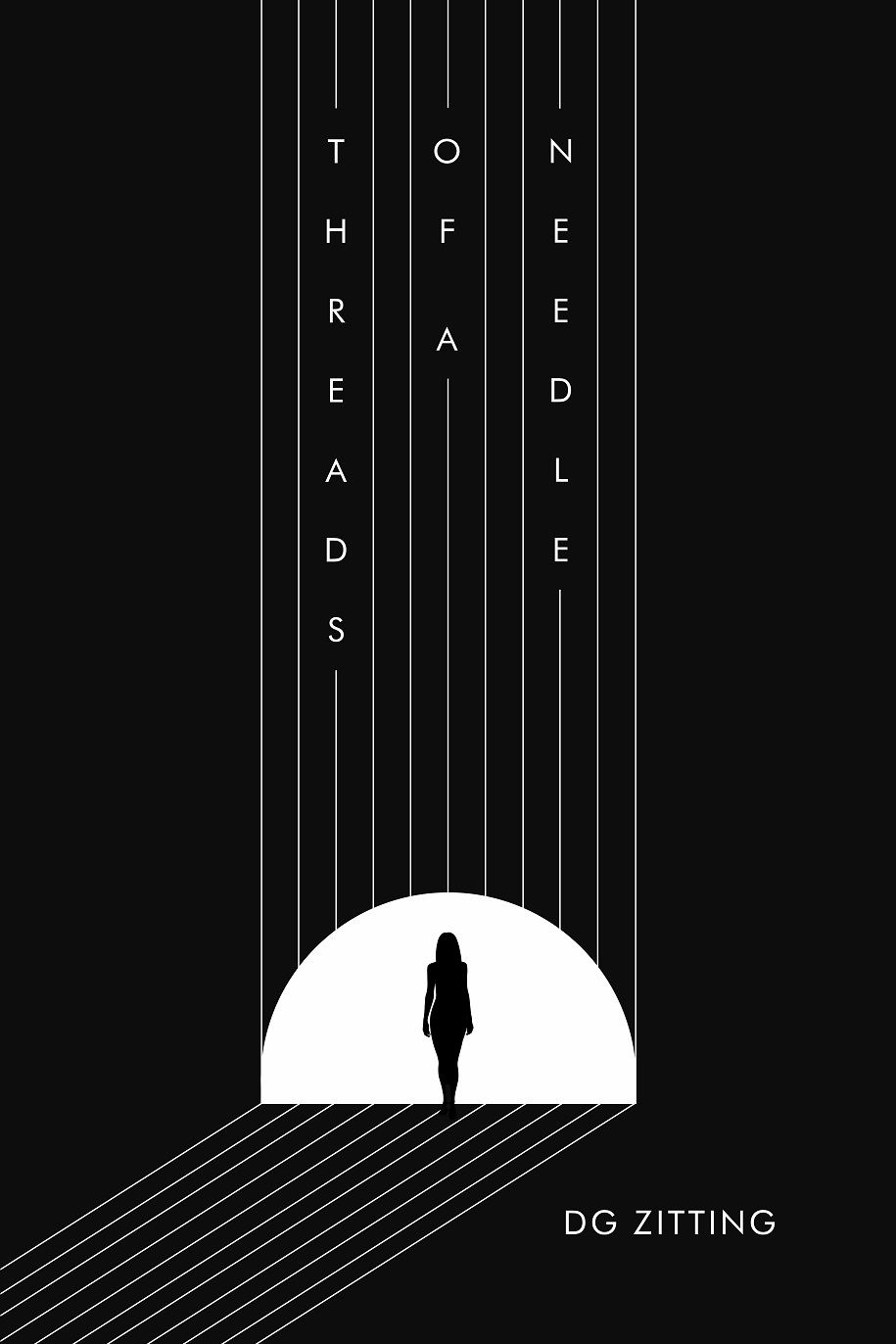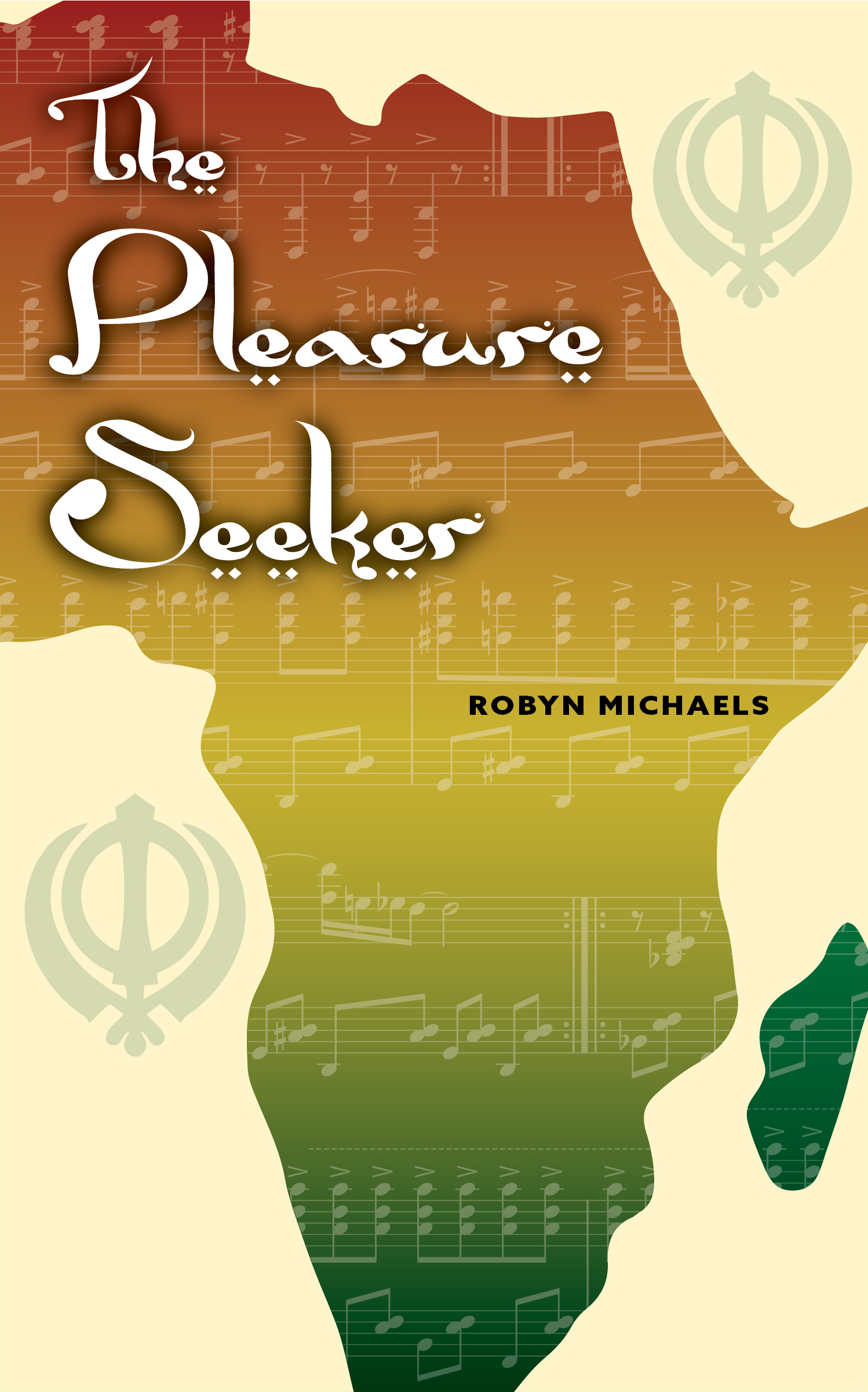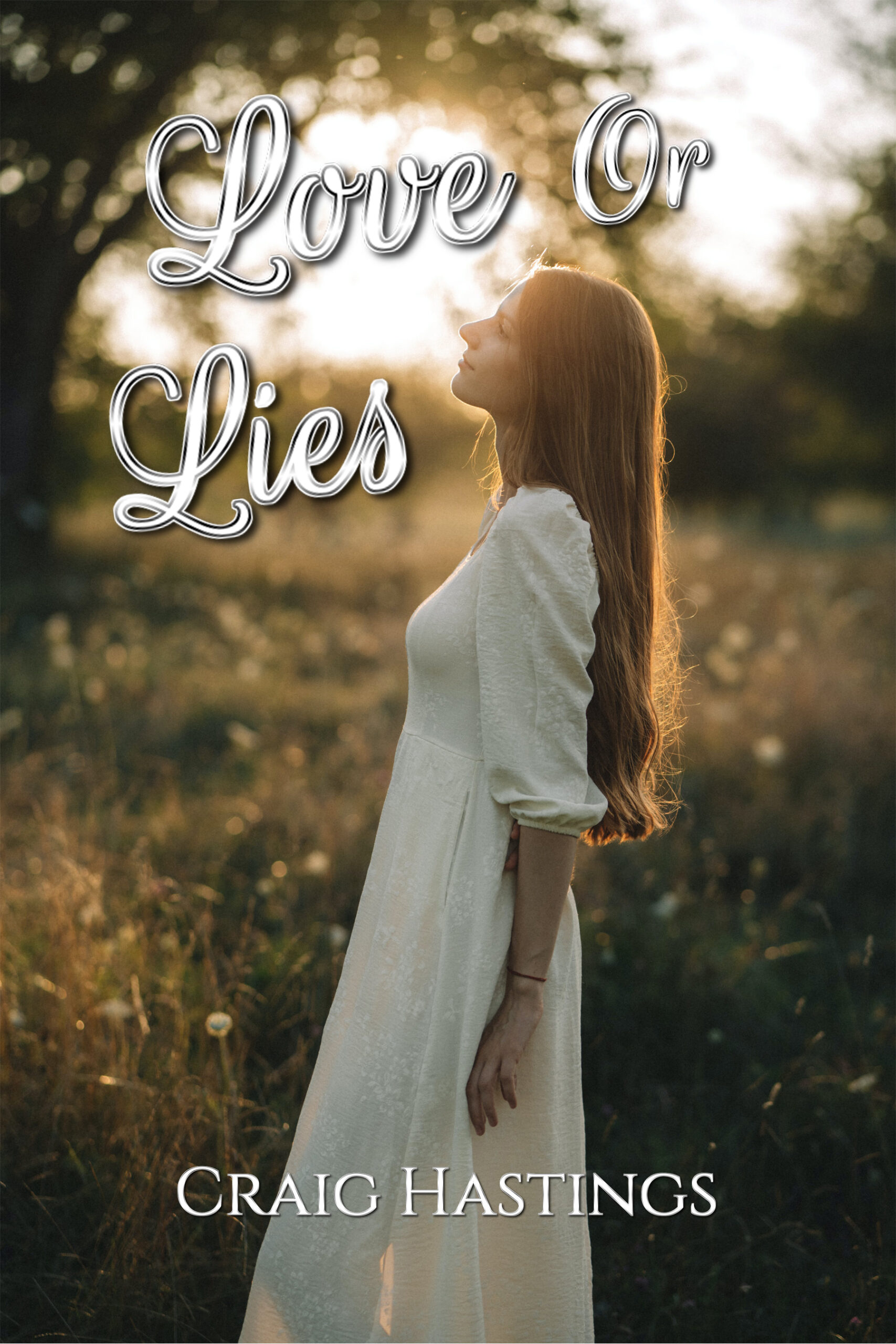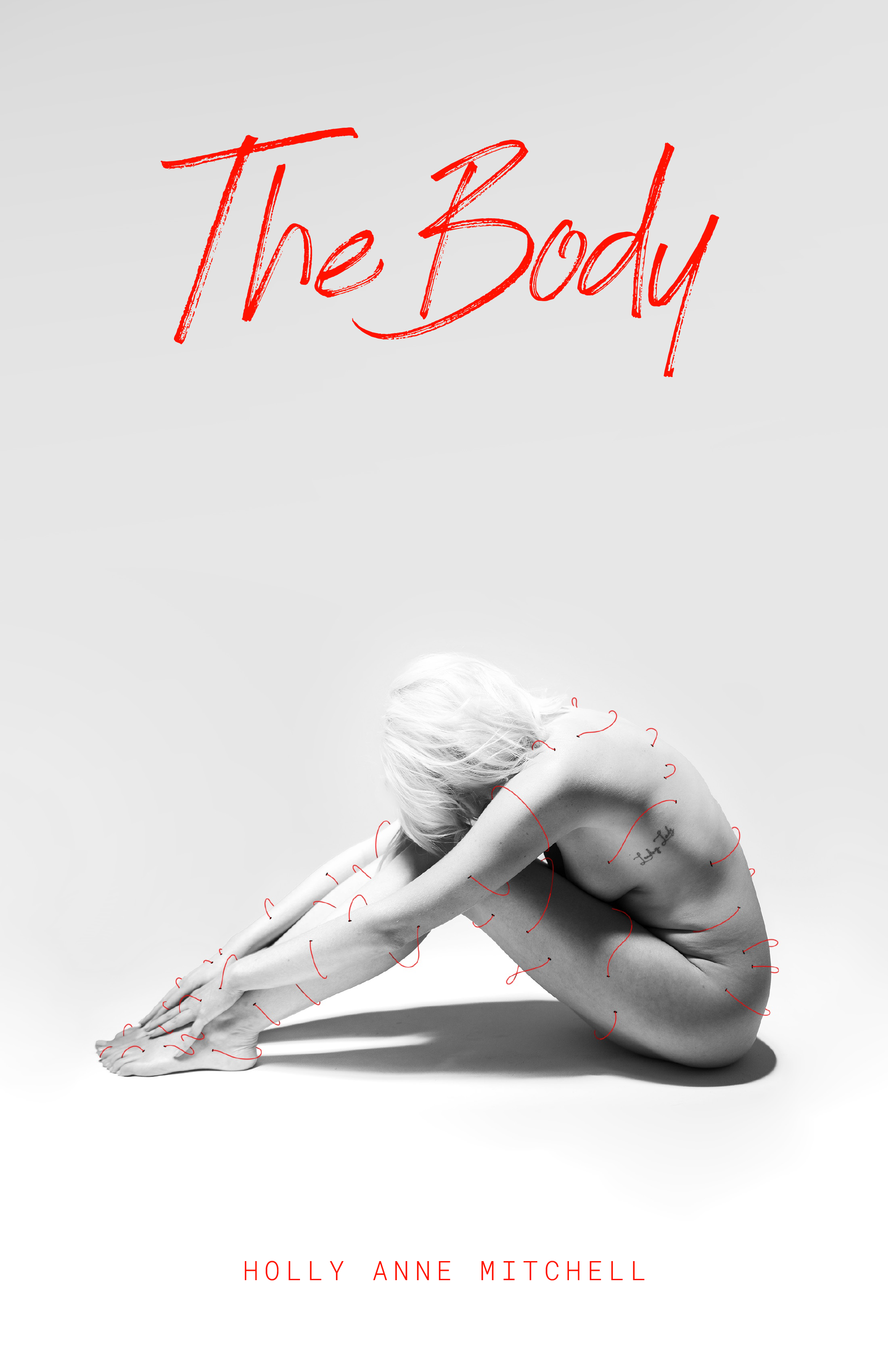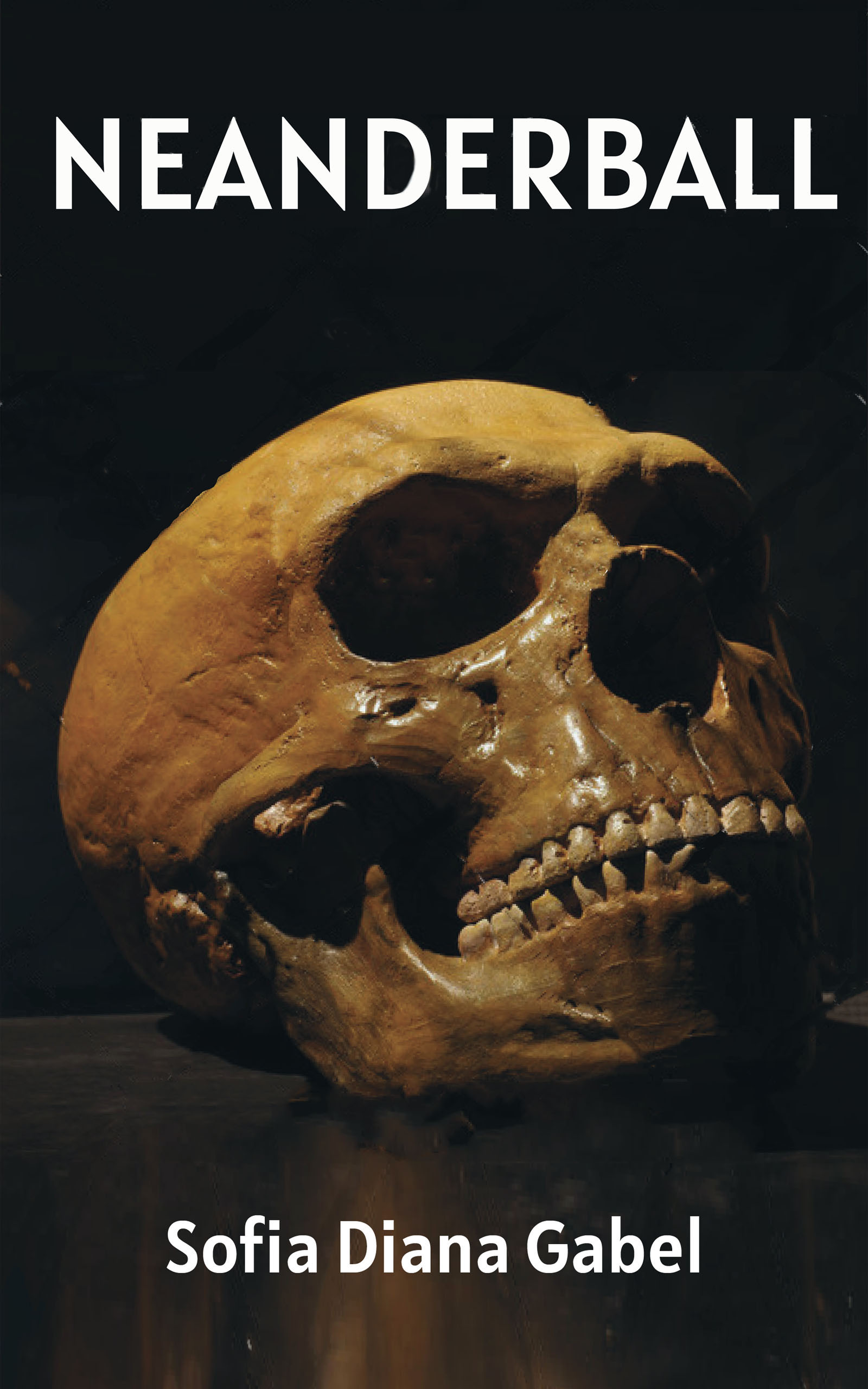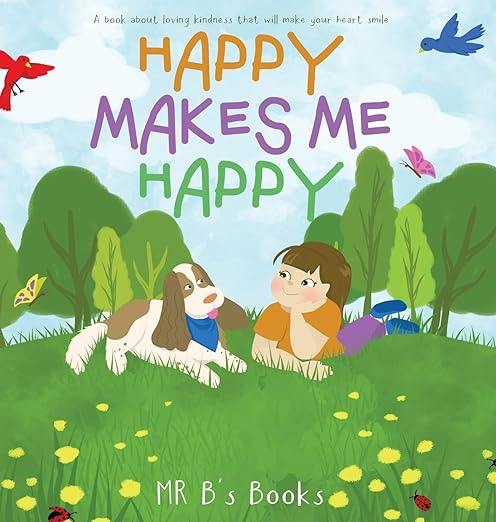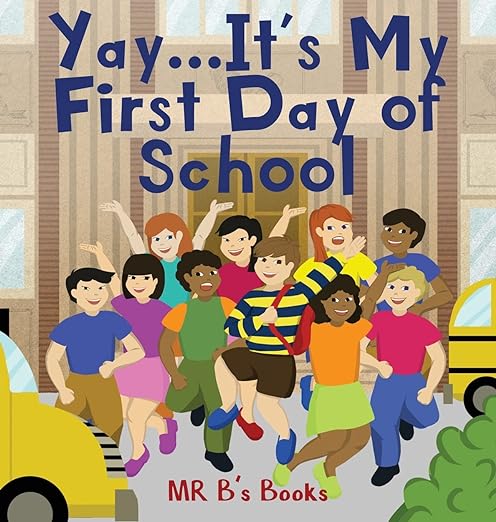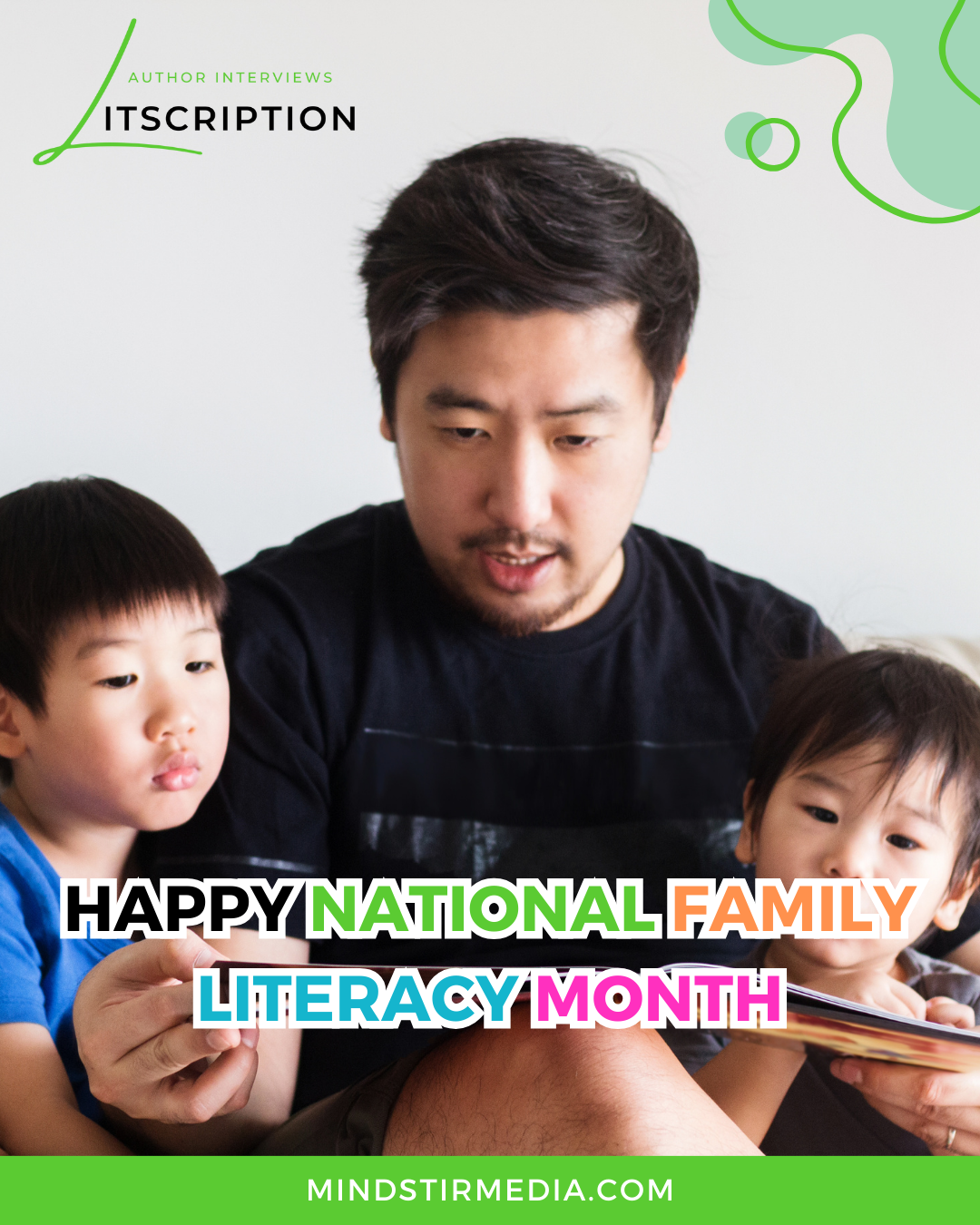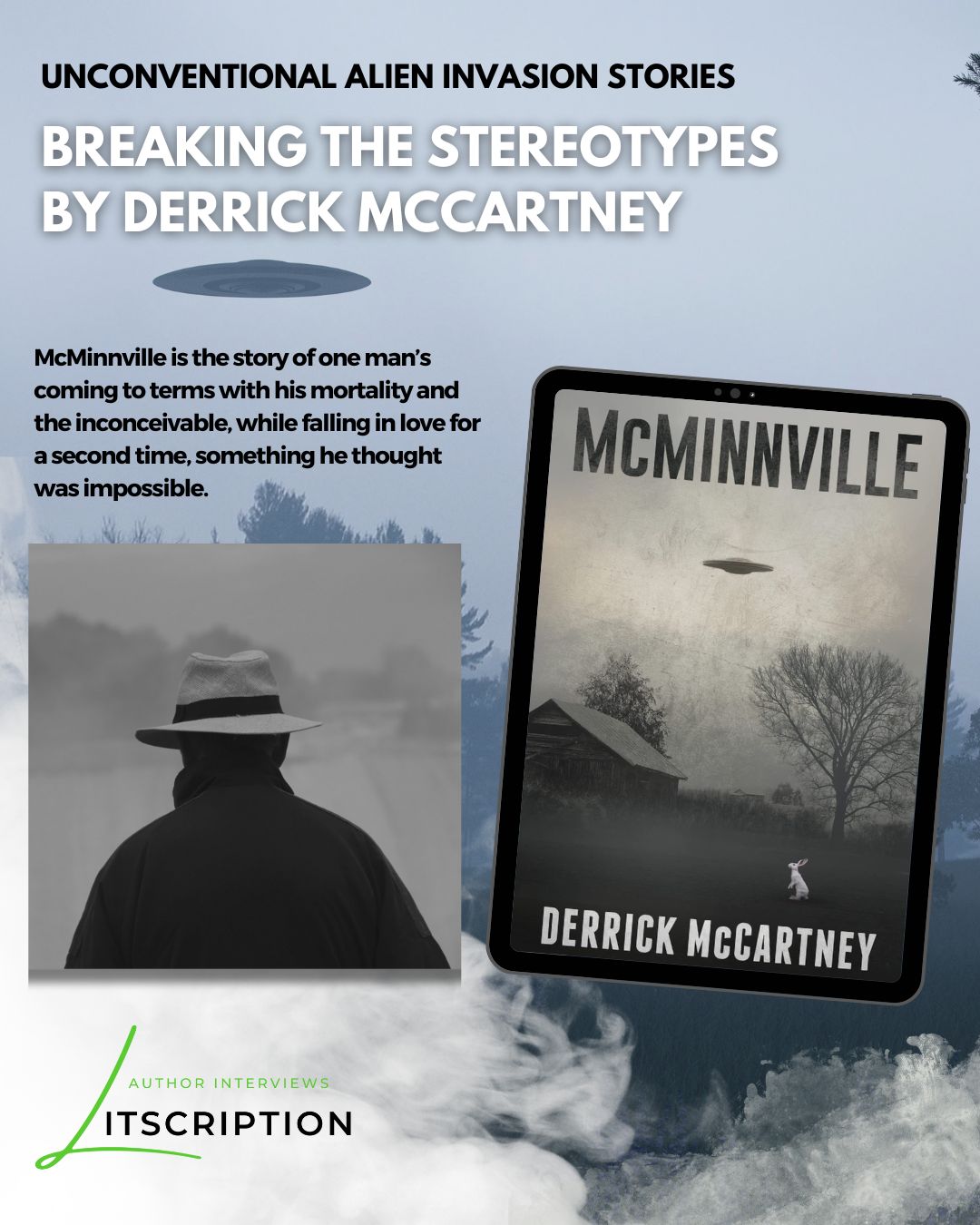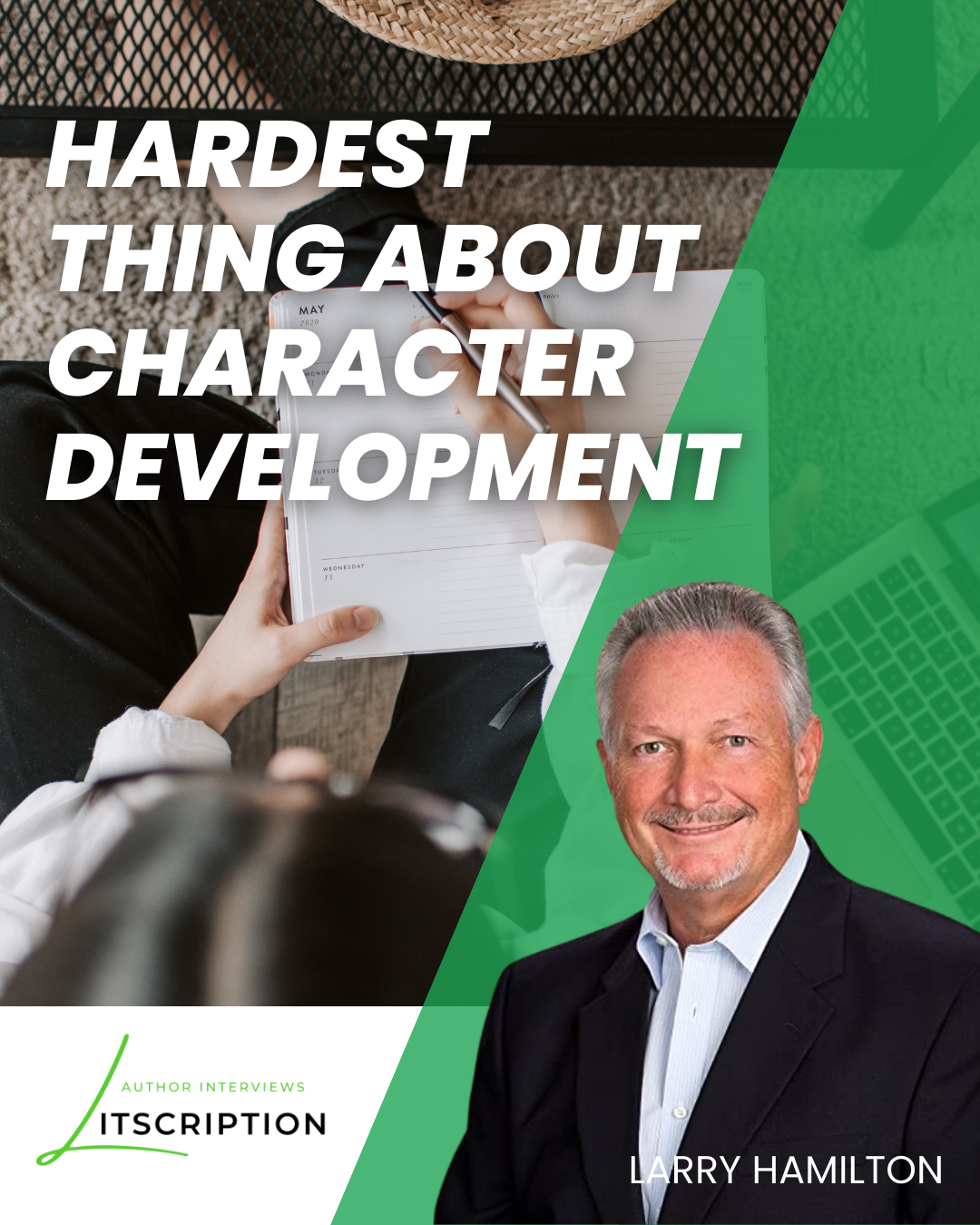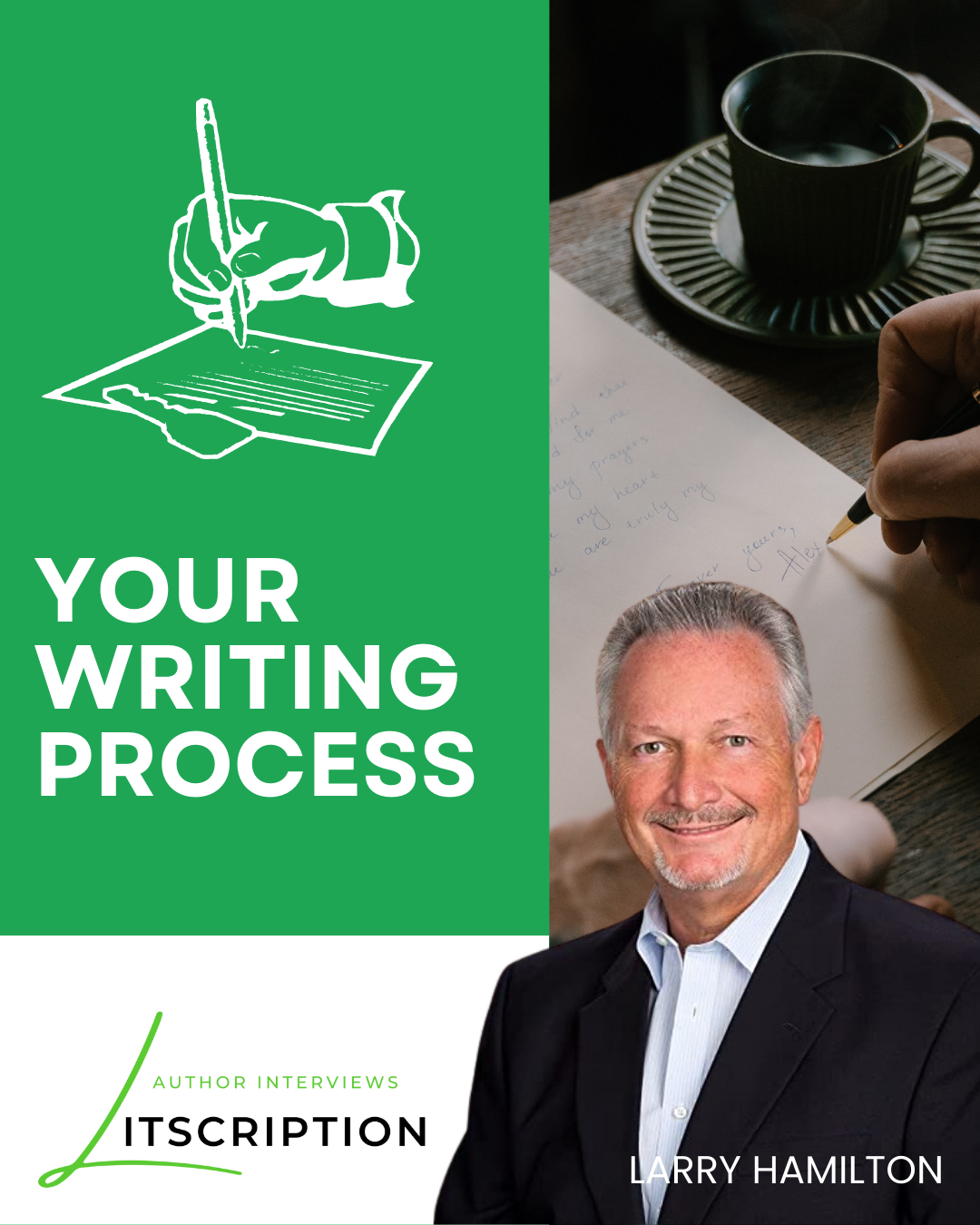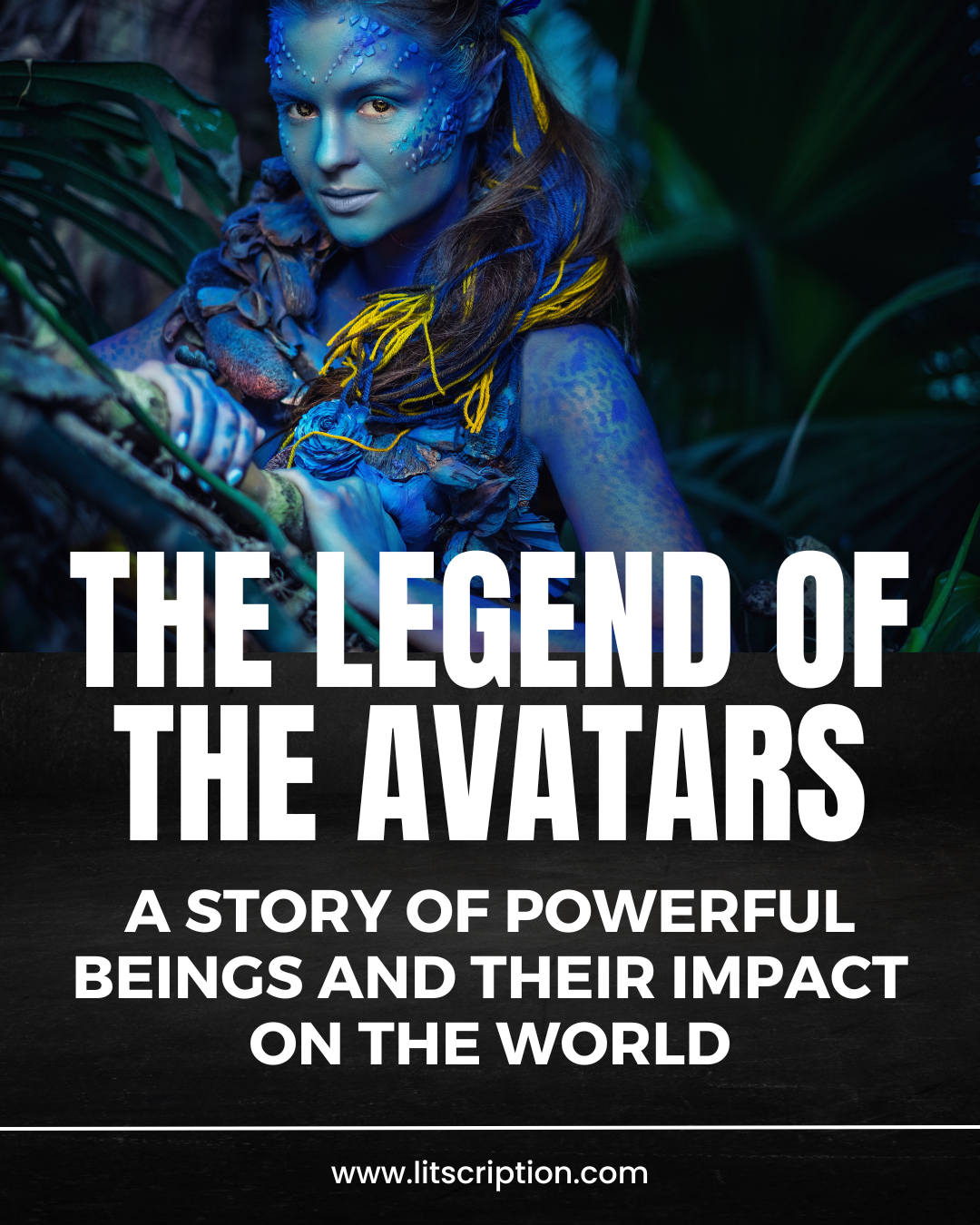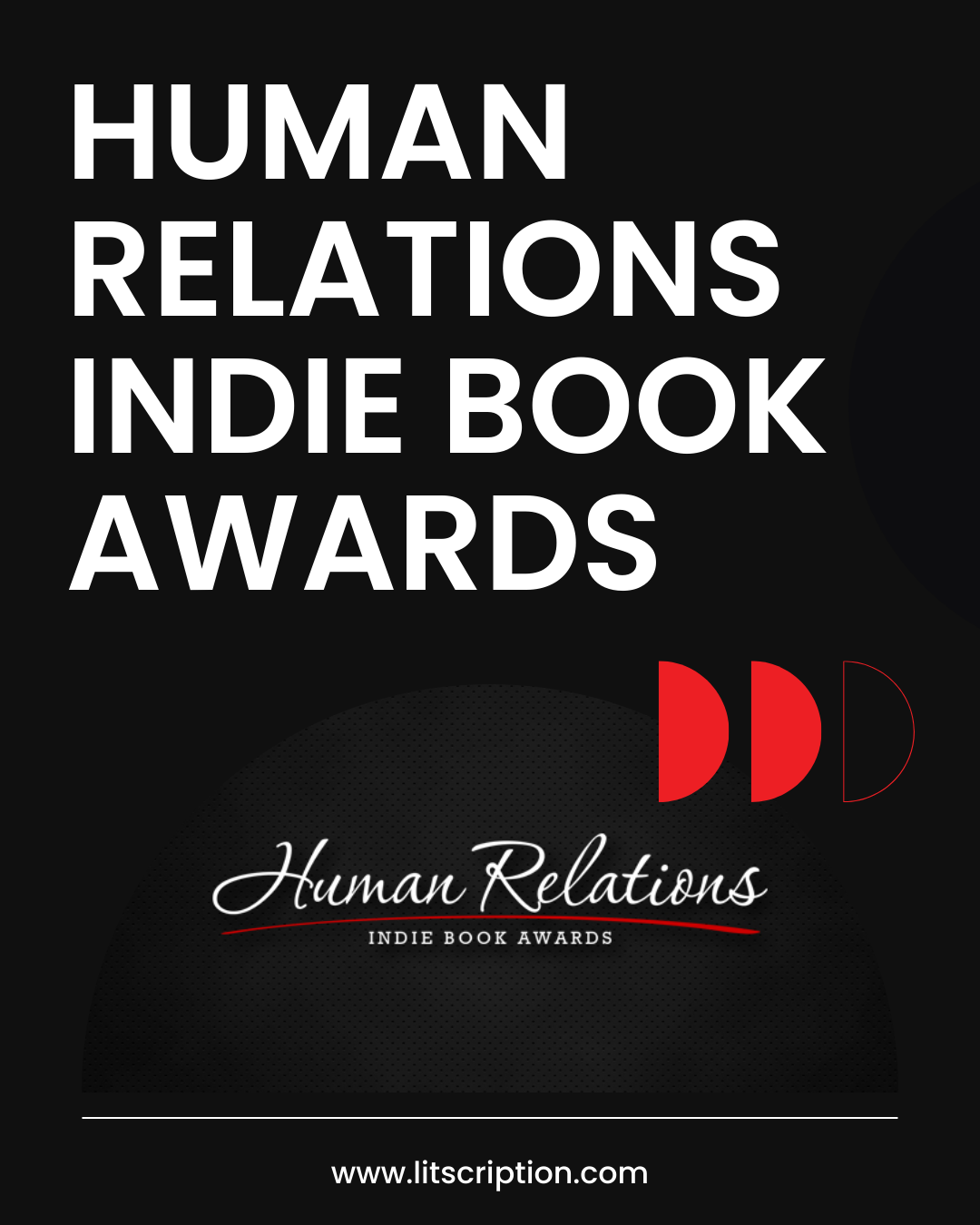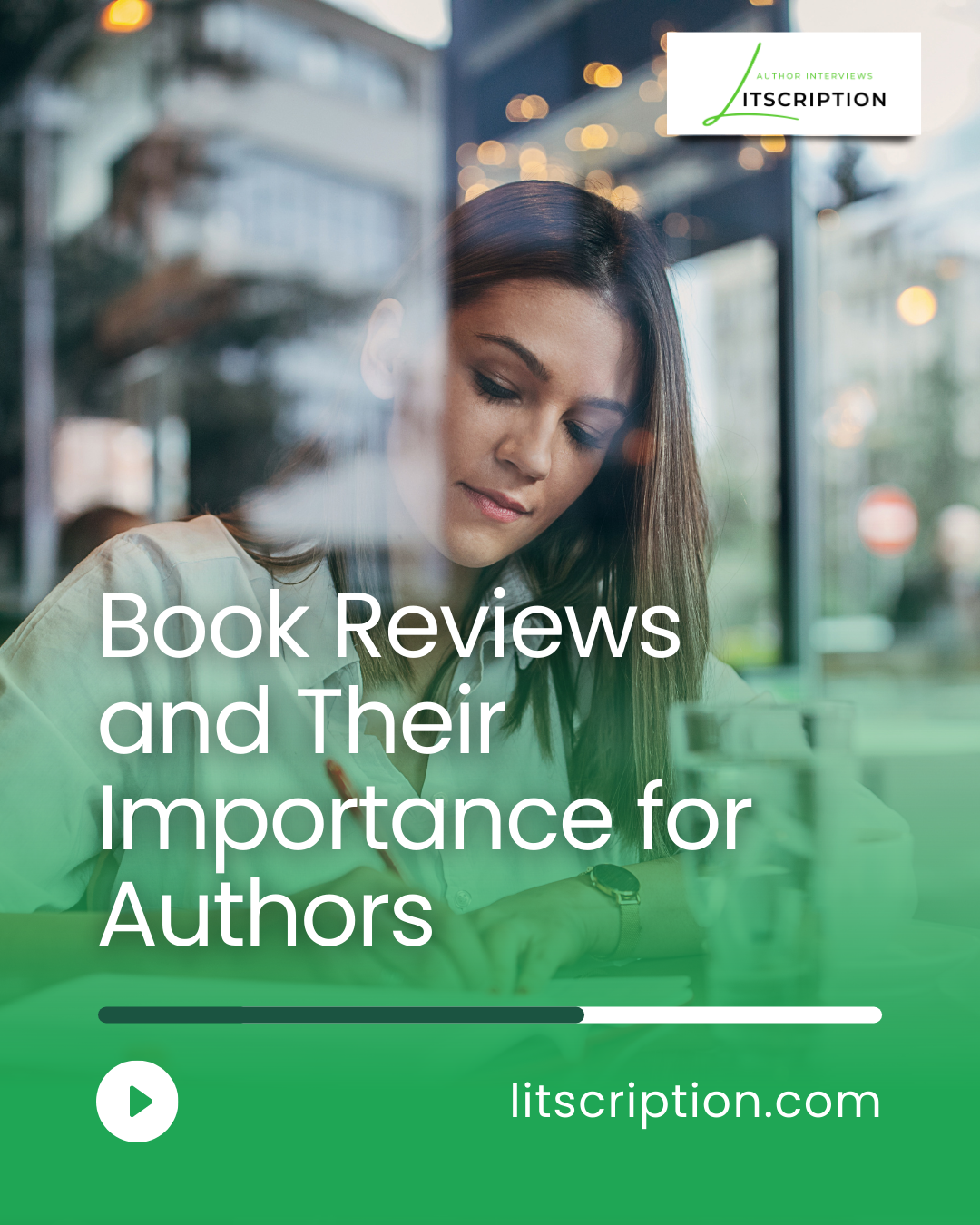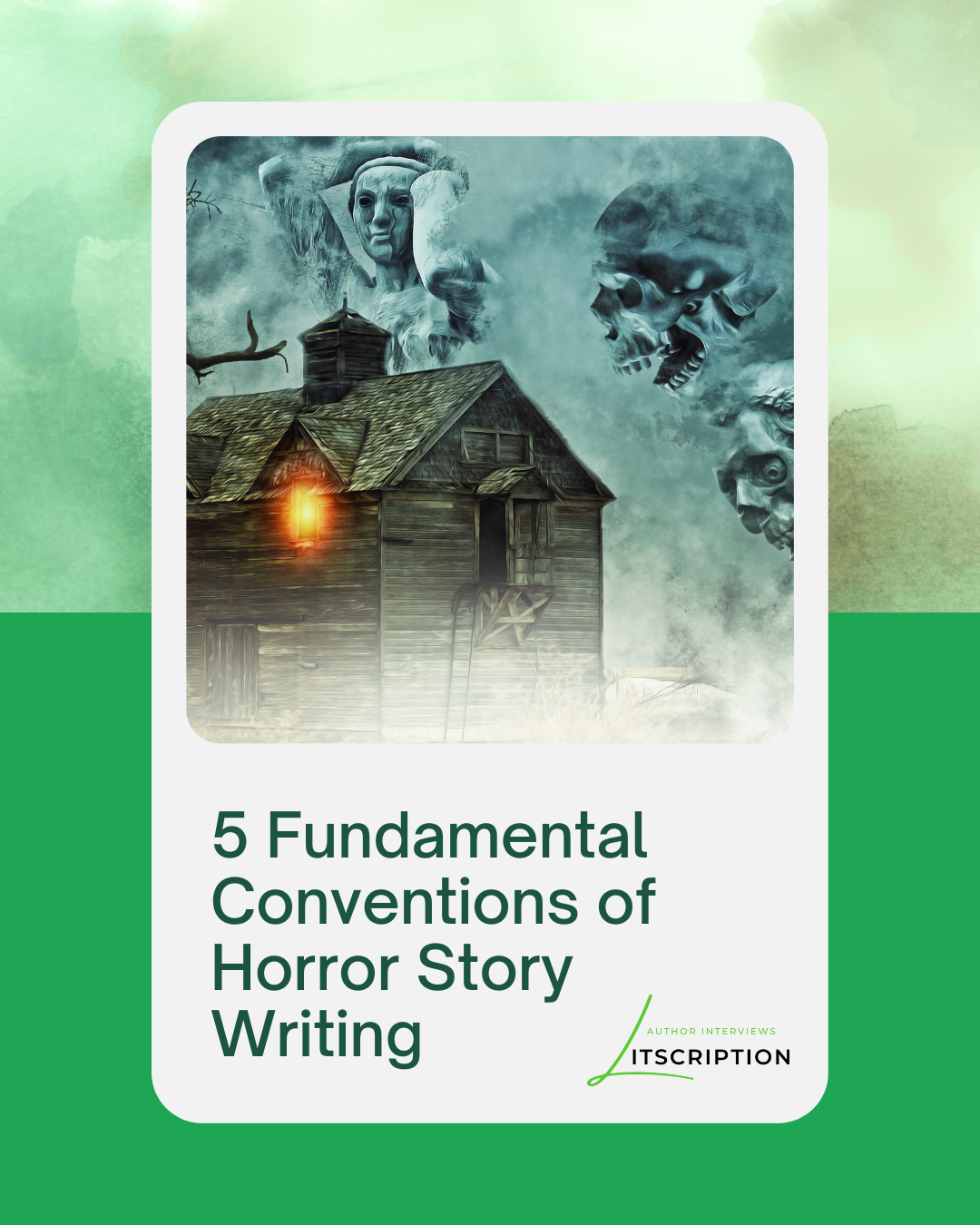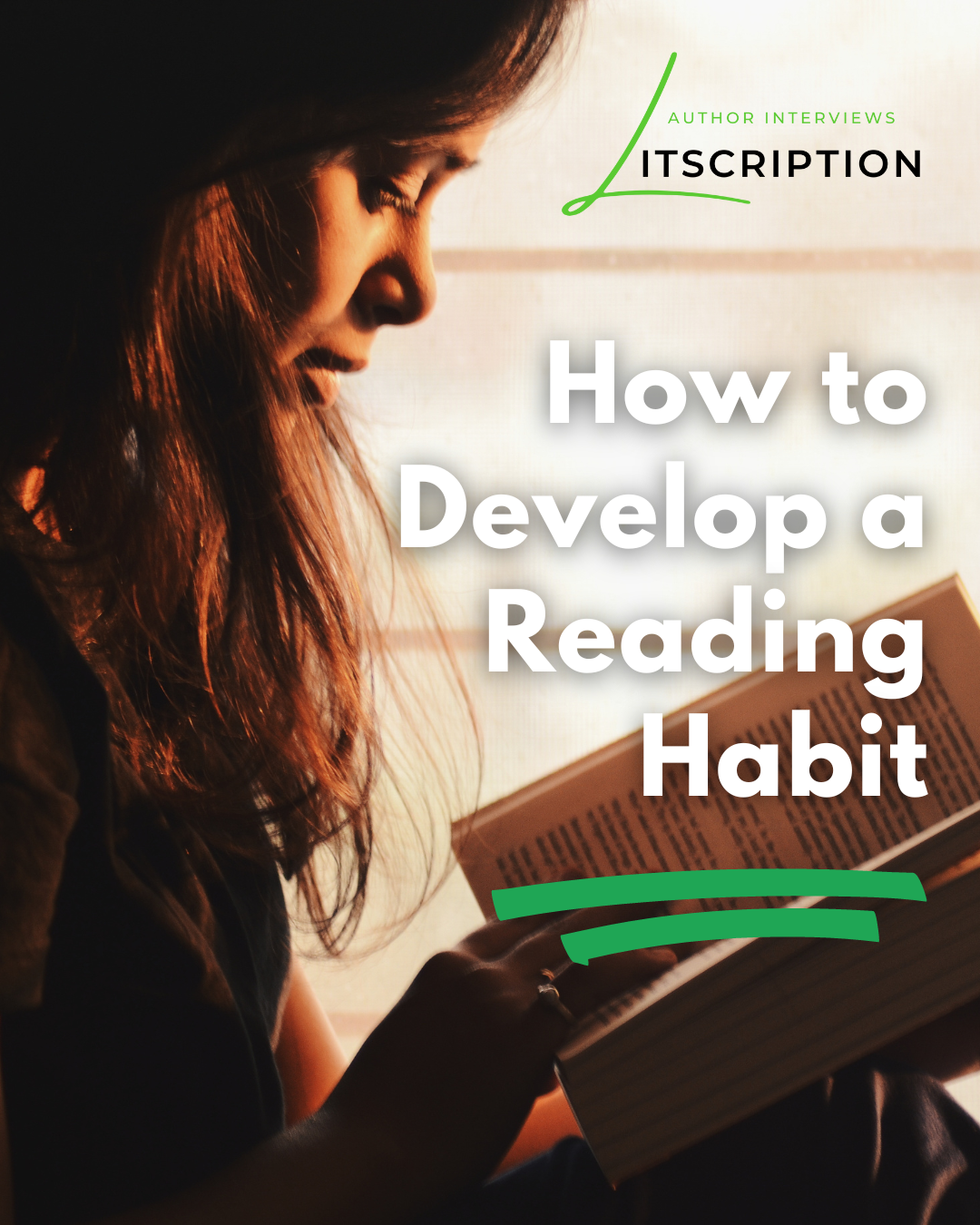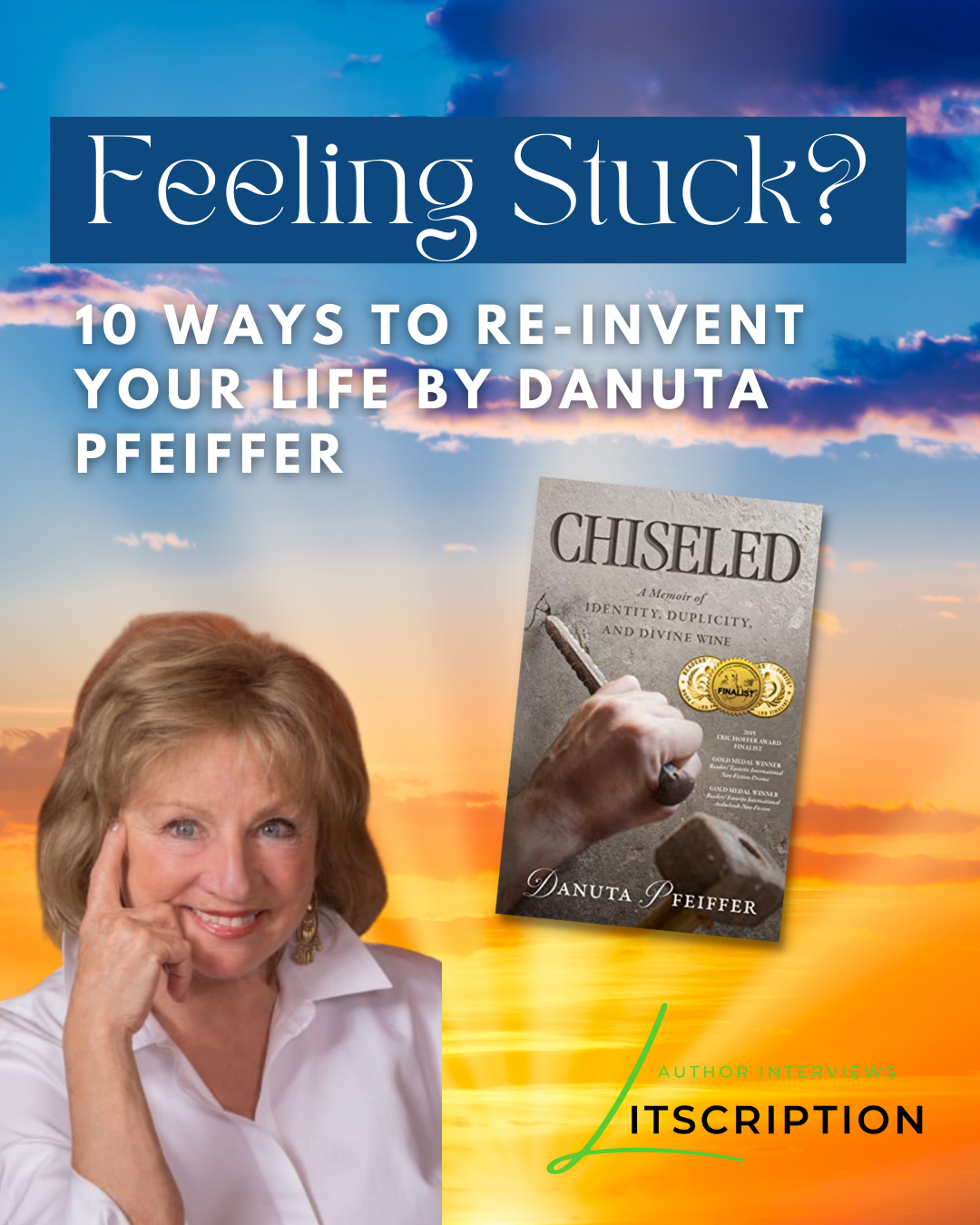Interview: Stephanie Goldenthal on Being a Wise Elder: Living Mindfully and Finding Rewards in the Oldest Years
Litscription: Stephanie, welcome! Could you start by telling us a bit about yourself?
Stephanie Goldenthal: Thank you! I’m a clinical psychologist with over 50 years of practice in New York City, where I was born and raised. My specialty is psychoanalysis, and I’ve always been deeply interested in how the self evolves throughout life. These days, I maintain a smaller practice, allowing more time for my family, which now includes two wonderful great-grandsons. I also love spending time with friends, visiting museums, attending concerts, and enjoying the vibrant cultural scene here.
Litscription: What inspired you to write Being a Wise Elder?
Goldenthal: Initially, I didn’t set out to write a book. I just wanted to explore the unique challenges and opportunities that come with aging—especially as someone in the “oldest-old” category myself. I formed a focus group with friends and acquaintances over 85, and we discussed everything from health concerns to coping with loss to finding meaning in the later stages of life. The richness of these conversations, paired with my professional experience and research, naturally evolved into a book.
Litscription: What makes your book stand out from others on aging?
Goldenthal: Most books about aging are written from an outside perspective or focus solely on maintaining physical health. My book is different because it’s written by someone who is actually experiencing this stage of life. I delve deeply into the emotional and psychological aspects of aging, like combating ageism, coping with loss, and finding purpose. Rather than encouraging people to “stay young,” I emphasize embracing and valuing who we are as we age.
Litscription: Who do you think will benefit most from reading this book?
Goldenthal: The primary audience is older adults navigating the challenges of this stage, but I’ve found that young people are also intrigued. In fact, readers in their twenties have asked me insightful questions about what it’s like to grow older. Research shows that the attitudes we form about aging when we’re young can significantly impact the quality of our later years. So, this book offers something for everyone—whether you’re living it now or preparing for it in the future.
Litscription: Could you share a story from the book that illustrates its core message?
Goldenthal: One of my favorite stories is about my friend Joe. At 83, he faced a devastating decision: have his leg amputated due to an infection or transition to hospice care. After initially reacting with shock and denial, he chose surgery. Joe adjusted to life with an electric wheelchair, maintained his independence, stayed connected with loved ones, and even worked on his autobiography until shortly before his passing. His resilience is a powerful example of how we can redefine ourselves and find purpose, even in the face of profound loss.
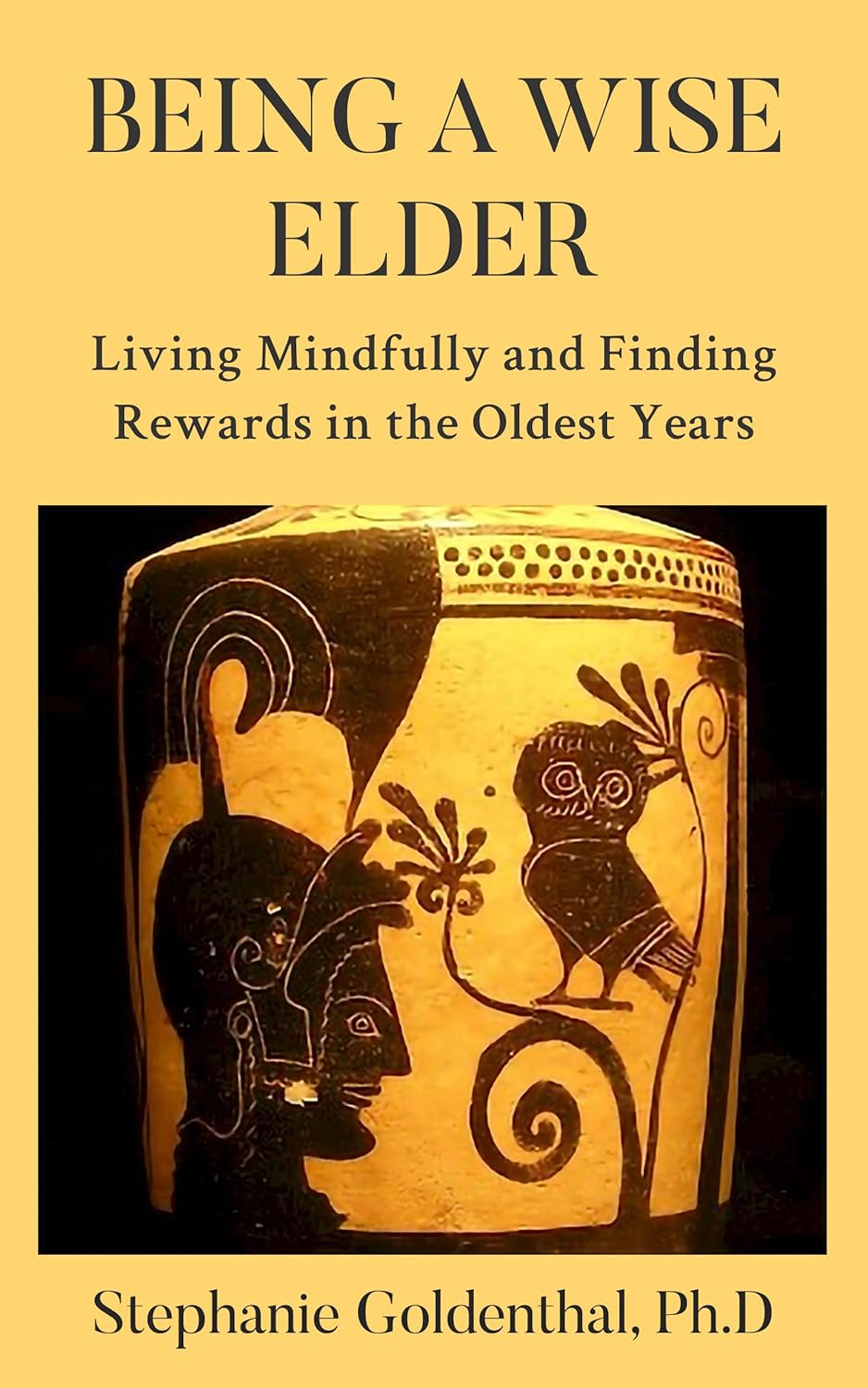 Litscription: What are some of the key takeaways readers can expect?
Litscription: What are some of the key takeaways readers can expect?
Goldenthal:
- The importance of rejecting ageist stereotypes and embracing who we are as we age.
- Strategies for resilience and coping with challenges, including loss and health changes.
- Insights into the interplay between emotional and physical health.
- Encouragement to find meaning and value in the present, no matter our age.
One of my favorite quotes from the book is:
“When we are no longer preoccupied with death and have accepted it as part of the normal life cycle, we gain a certain freedom to consider how we want to live our lives going forward—for however long that might be.” Buy Now on Amazon https://amzn.to/3V4VTVM
Litscription: Why do you think emotional and psychological health are often overlooked in discussions about aging?
Goldenthal: Culturally, we tend to prioritize physical health and longevity. While those are important, emotional and psychological well-being are just as crucial—and they’re deeply interconnected with physical health. Addressing mental and emotional challenges like ageism, fear of death, or loss of purpose can lead to a more fulfilling and balanced life, which, in turn, positively impacts physical health.
Litscription: Any parting thoughts for our readers?
Goldenthal: Aging is often viewed through a negative lens, but there is so much richness and opportunity in this stage of life. Being a Wise Elder is my invitation to readers—whether they’re old or young—to reframe their thinking about aging and embrace the rewards that come with mindful living.
Litscription: Thank you, Stephanie, for sharing your wisdom and experiences with us!
Goldenthal: Thank you—it’s been a pleasure!
Be sure to pick up your copy of Stephanie Goldenthal’s book, Being a Wise Elder: Living Mindfully and Finding Rewards in the Oldest Years, available now wherever books are sold. Buy Now on Amazon https://amzn.to/3V4VTVM


